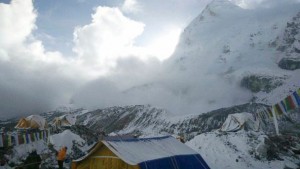You seem to be you
and I seem to be me.
My sorrows are no greater
than your sorrows.
Thou art beautiful,
o my loves,
as tears are. – Terrance Keenan
We held our Monthly Meditation & Communi-Tea practice at Yoga Bliss. One Sunday a month we will offer students more time to go a little deeper and make new friends. We’re drawing inspiration from Karen Armstrong’s “Twelve Steps to a Compassionate Life”. Ms. Armstrong is a best selling author and TED Prize Winner who created and launched the Charter for Compassion.
During our first meeting we focused on the 1step: learning about compassion. The following month’s 2nd step involved taking a deep hearted look at the world around us and focusing on how we can actualize compassion within our family, workplace and nation. Last month’s 3rd step explored extending compassion toward ourselves. Why bother? Today, we explored the 4th Step: empathy and beyond.
We contemplated some of one my favorite writers, Rebecca Solnit‘s, observations:
“Mostly we tell the story of our lives, or mostly we’re taught to tell it, as a quest to avoid suffering, though if your goal is a search for meaning, honor, experience, the same events may be victories or necessary steps. Then the personal matters; it’s home; but you can travel in and out of it, rather than being marooned there. The leprosy specialist Paul Brand wrote, ‘Pain, along with its cousin touch, is distributed universally on the body, providing a sort of boundary of self,’: but empathy, solidarity, allegiance – the nerves that run out into the world – expand the self beyond its physical bounds.”


